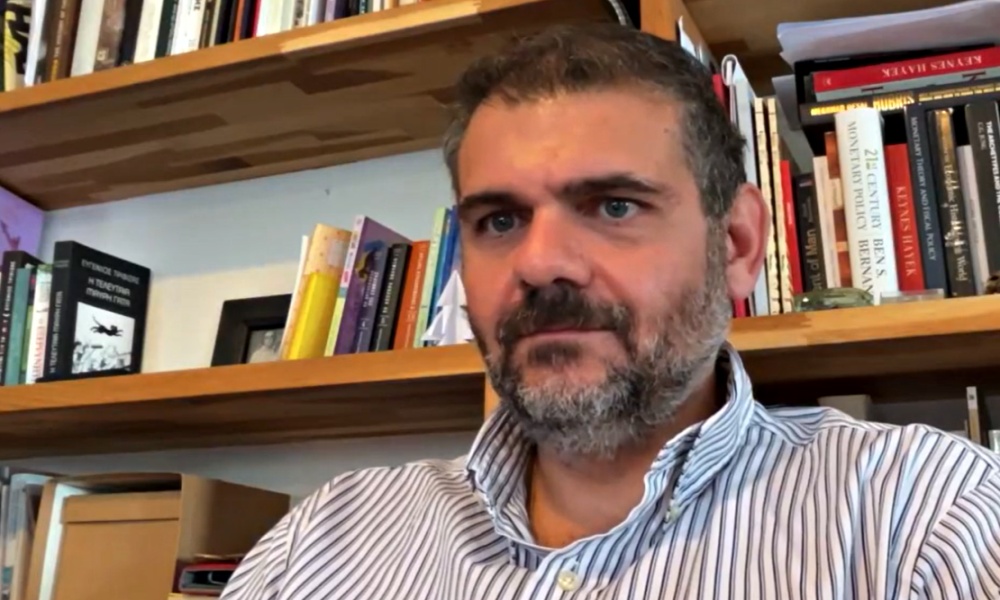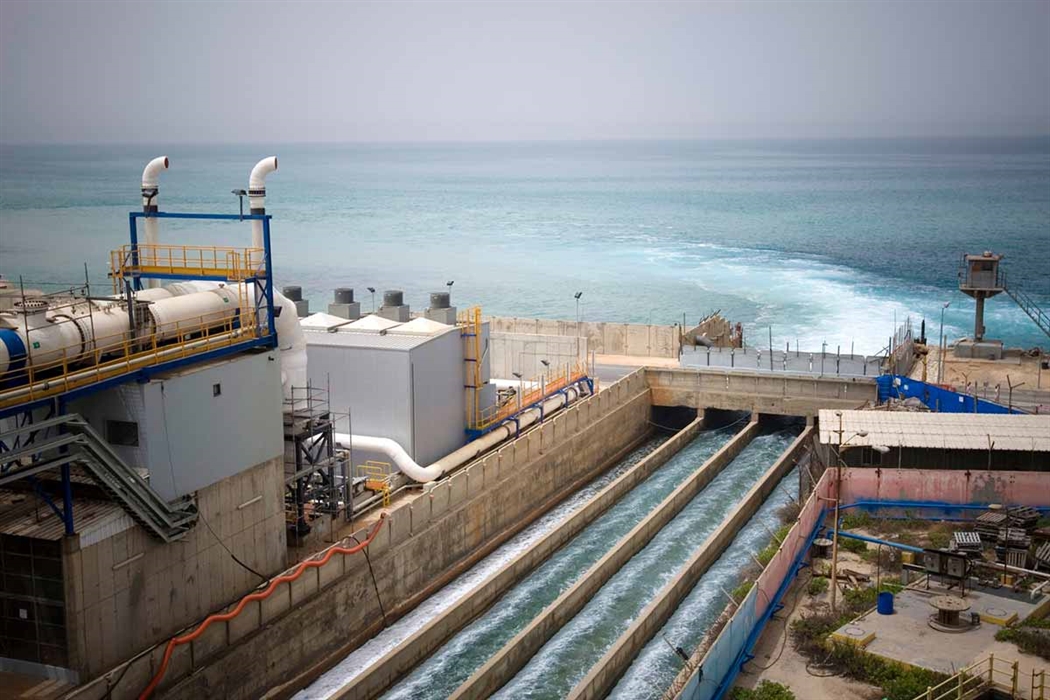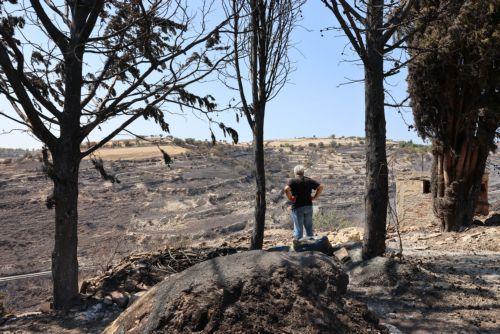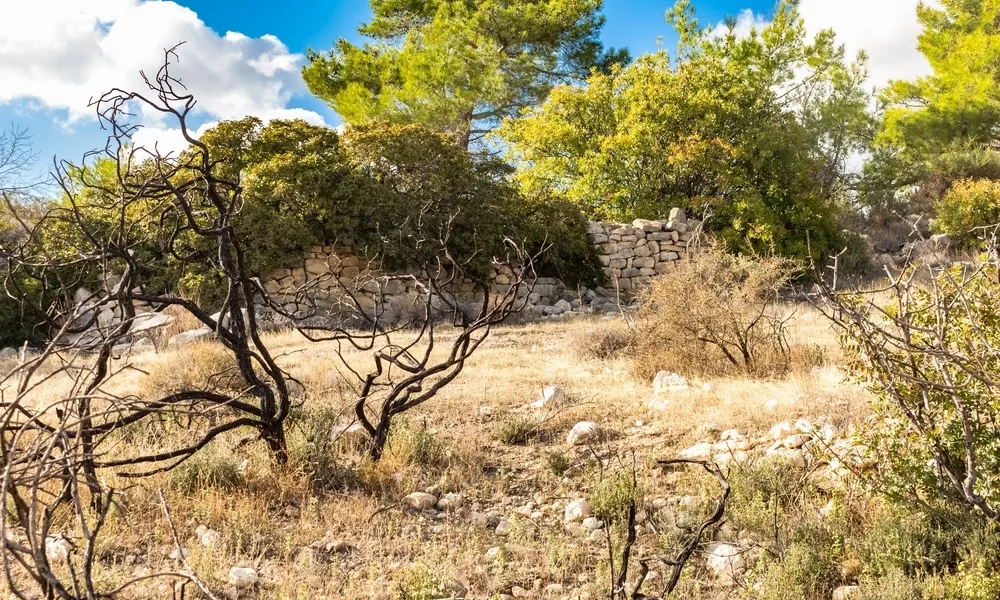With the backdrop of rising global heat-related and air pollution deaths, Cyprus is enjoying strong growth and falling debt, but this is precisely when mistakes are made, according to Cyprus Fiscal Council President Michalis Persianis.

In the Council’s Activity Report for 2024, he argues that climate impacts are no longer a distant scenario and that the state must create fiscal space now for hard infrastructure: water security, a more resilient power system and usable public transport. Without that spending, he says, heat, drought and higher electricity demand will collide with today’s under-built networks. The Council’s message is simple: prepare in good times to avoid scrambling in bad ones.
WHO and the Lancet Countdown sound the alarm
Persianis’ warning rings even louder, coming on the back of the hard-to-ignore data published by the 2025 Global Report of the Lancet Countdown, supported by the World Health Organization (WHO).
The Lancet team reports a 23 percent rise in heat-related deaths since the 1990s, averaging about 546,000 a year globally, and notes record harms from wildfire smoke in 2024, including an estimated 154,000 deaths linked to fine-particle pollution from fires. WHO highlights the trend and urges every European country to have a functioning heat-health action plan that can prevent avoidable deaths during extreme heat.

Why this matters in Cyprus
The Eastern Mediterranean is warming fast, with longer, hotter summers, water stress and more smoke transport from regional fires. Persianis frames climate spending as risk management: keeping options open by reducing rigid, pre-committed spending and prioritising infrastructure that protects health and the economy when heatwaves and smoke events hit. That aligns with WHO guidance to plan ahead with heat alerts, cool spaces, health-system protocols and targeted support for the elderly, infants and outdoor workers.

Report identifies practical steps to take
- Heat-health plans: Adopt WHO-style plans that define heat alert thresholds, open cooled community spaces, and trigger check-ins for high-risk people. Ensure hospitals and care homes have heat protocols.
- Clean-air days: Publish plain advice when smoke or dust pushes PM2.5 up. PM2.5 means “particulate matter” so small that each particle is 2.5 micrometres in diameter or less, capable of reaching deep into the lungs and even the bloodstream, aggravating heart and lung disease and increasing the risk of stroke and premature death. PM2.5 is one of the most harmful forms of air pollution, and wildfire smoke is a major source during the dry season. Recommended actions when the PM2.5 rate is high is to stay indoors, use air-conditioning on recirculation, and wear a well-fitted N95 face mask outdoors for essential trips.
- Infrastructure: Prioritise water storage and leakage reduction, energy grid upgrades and demand management so cooling does not fail during heatwaves, while ensuring public transport remains usable in hot conditions. This is part of the spending Persianis says must be budgeted now.
- Data and communication: Track PM2.5 and heat metrics locally and explain them in everyday language so households and employers know when to act. WHO’s guideline levels can be used as the baseline for local alerts.
